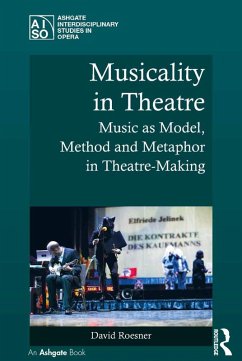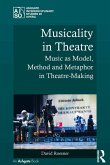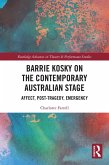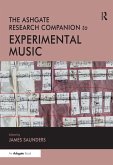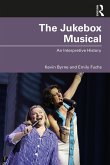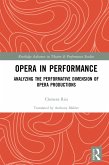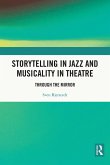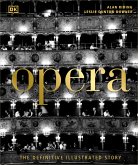Roesner looks in particular at the ways in which those who attempted to experiment with, advance or even revolutionize theatre often sought to use and integrate a sense of musicality in training and directing processes and in performances. His study reveals both the continuous changes in the understanding of music as model, method and metaphor for the theatre and how different notions of music had a vital impact on theatrical innovation in the past 150 years. Musicality thus becomes a complementary concept to theatricality, helping to highlight what is germane to an art form as well as to explain its traction in other art forms and areas of life. The theoretical scope of the book is developed from a wide range of case studies, some of which are re-readings of the classics of theatre history (Appia, Meyerhold, Artaud, Beckett), while others introduce or rediscover less-discussed practitioners such as Joe Chaikin, Thomas Bernhard, Elfriede Jelinek, Michael Thalheimer and Karin Beier.
Dieser Download kann aus rechtlichen Gründen nur mit Rechnungsadresse in A, B, BG, CY, CZ, D, DK, EW, E, FIN, F, GR, HR, H, IRL, I, LT, L, LR, M, NL, PL, P, R, S, SLO, SK ausgeliefert werden.
Music and Letters
'Musicality in Theatre will serve as an important source for future studies in musical-theatrical intermediality...'
Contemporary Theatre Review

